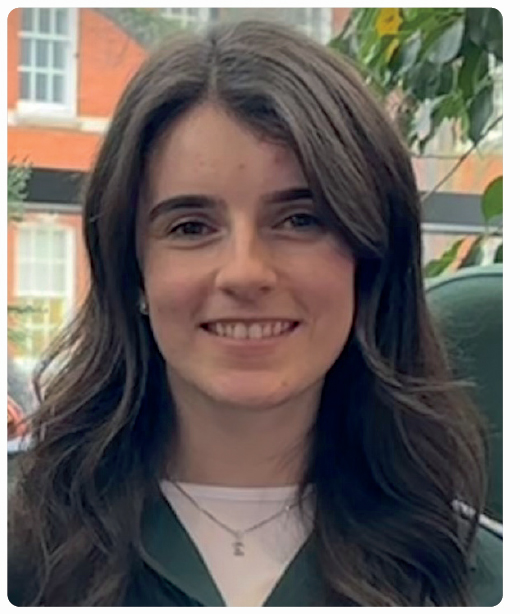
Although university is common pathway for students who have studied A-levels, mature students are increasingly returning to education at later stages of their lives. Prior to starting my degree, I felt apprehensive about returning to education after being away from the academic environment for so long. However, I noted during open days that my university appeared to accept a range of applicants, rather than just those of a younger age group, and this flexible approach aided my choice. Within my cohort, the group is split, with 50% consisting of mature students. There is no age limit and it is encouraging to experience how supportive peers and staff are throughout.
When given an assignment, it can be difficult to get started. However, it is helpful to break it down into sections and begin researching the areas. Creating a plan of expectations, working alongside the marking criteria and initially identifying the writing style needed (for example reflection or analysis) can aid when planning the layout. Using titles and subtitles within my work help me to remain focused on the subject and break up sections.
At university, there are plenty of opportunities to become involved with extra simulation days and activities. Assisting the course team and taking part in everything thrown at me has been beneficial, allowing for further discussion and facilitating learning within a smaller group. Different placement areas such as home visiting have provided insight into additional areas and have further aided my own exposure to patients. Investigating and collating research around a topic helps to consolidate my knowledge in practice.
Keeping and maintaining a log of interesting scenarios and treatments while on placement has also been beneficial as I have content to use for the reflective elements of my course. It helped me enormously when covering the module around trauma in year 2. I was able to look back at notes and justify treatment routes which aided reflective practice. Trying out different methods of learning until you find one that works for you is crucial, whatever that may be. Lecturers often drop hints around assignment snippets proving to be essential for the higher-grade boundaries.
I maintain an organised and up-to-date calendar ensuring targets, goals and assignment dates are met and stress is minimised wherever possible. I always make the most of the draft submission for feedback, as it helps to stay on track and correct any issues with my writing. It can be challenging having to submit three pieces of work in the same month, but all feedback, positive or negative, facilitates development and growth.
I have grown more confident during my second year and everything is beginning to feel more fluid. Although I still feel out of my depth, I am beginning to marry my theory and practical skills and have an awareness of the areas I need to work on (definitely ECGs!). I am beginning to reap the rewards of my hard work and the more exposure I undergo, however uncomfortable, the more I am growing as a practitioner, and a person.


